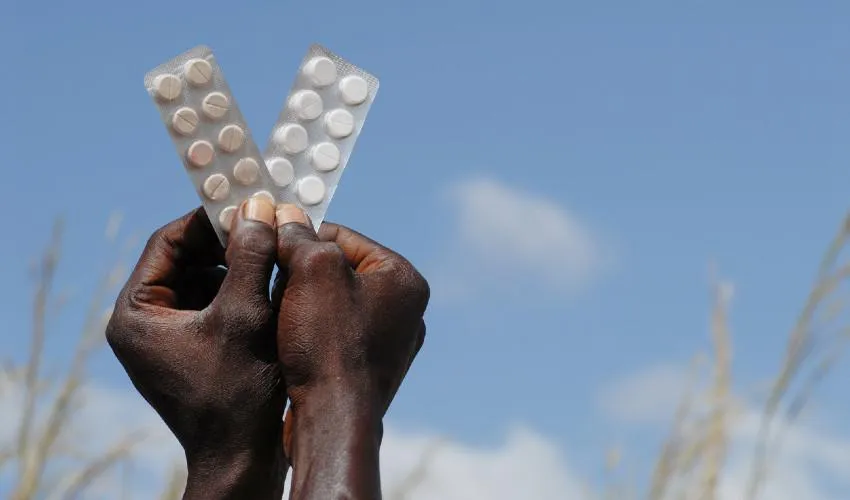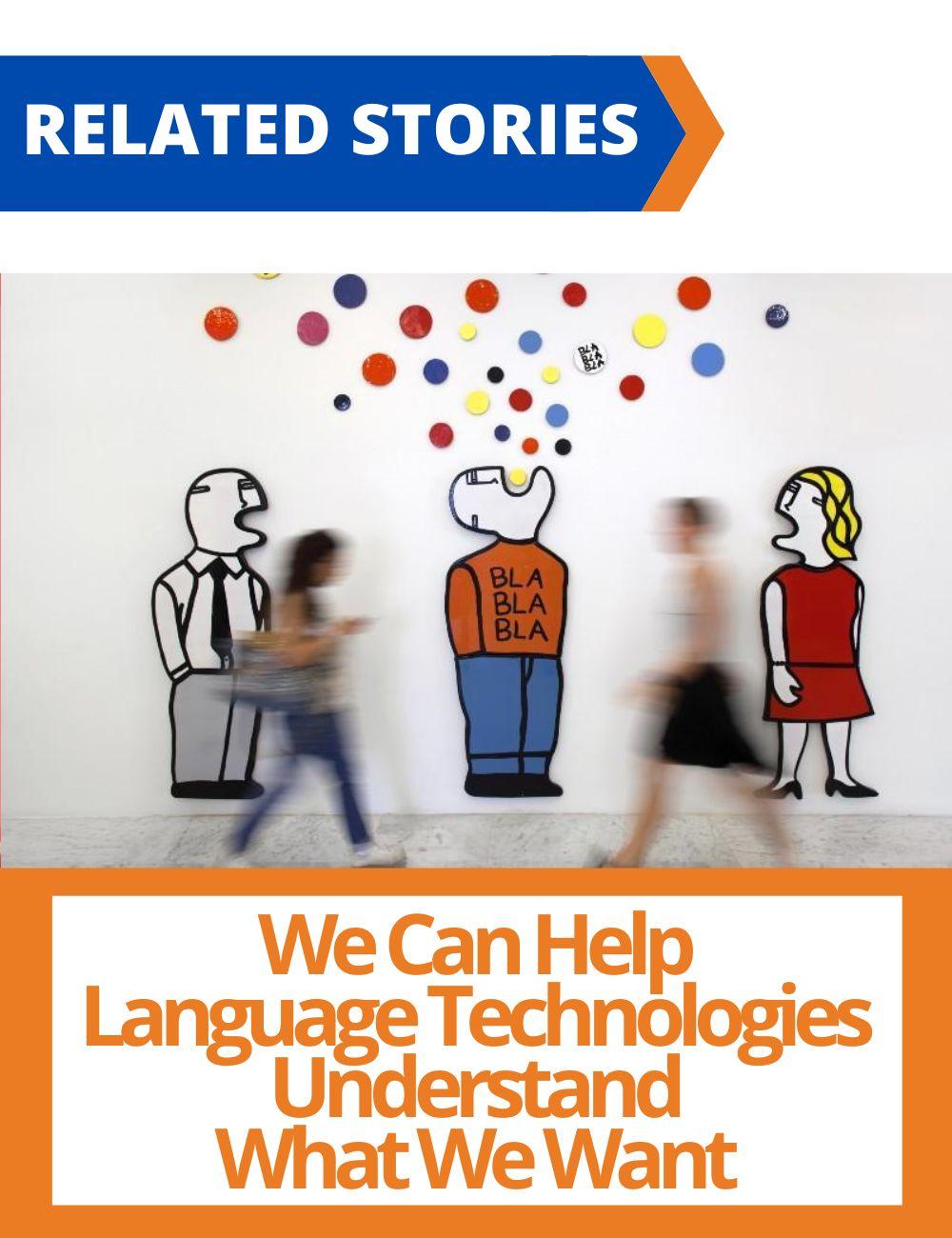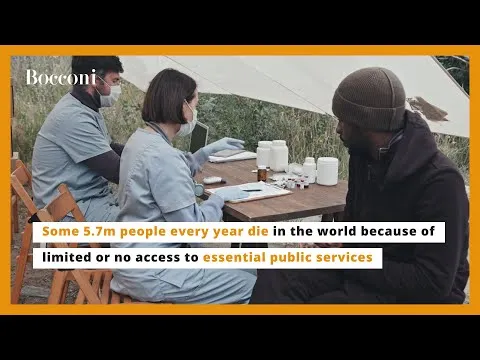
Better Access to Public Services Can Save Millions of Lives in Developing Countries
The role of technology in the delivery of public services has not been sufficiently studied and understood, and assessing its effects is hard even in rich countries. According to the Lancet Health Commission, worldwide some 5.7m people die every year because of limited or no access to essential public services, the vast majority of them in low-income countries.
Erika Deserranno of Bocconi's Department of Economics has received from the European Research Council an ERC Starting Grant of €1.5m over 5 years for her project DIGIDEV (Digitalization of Public Service Delivery and Inclusive Development), which aims to improve our understanding of the factors of success of digitalization in the public sector of developing countries. Deserranno will also explore how digital technologies can be harnessed to improve the efficiency and inclusion of public service delivery, leading to more robust and inclusive economic growth.
DIGIDEV will look at demand and supply of public services in developing countries separately, as both are bound to benefit from a more intensive use of digital technology. For this purpose, it is divided into four sub-projects involving field experiments. Two of them will investigate the barriers that potential users face when accessing public services on the demand side, and two will deal with how digital technologies can improve the supply of in-person services.
Sub-project 1 will take place in India, where telehealth may allow faster, cheaper and wider access to high-quality health services but might still exclude vulnerable people that do not own or cannot borrow digital devices, although a facilitator may help them. Sub-project 2 will study the implementation of a social registry in Liberia, as yet non-existent. On the supply-related side, Sub-project 3 will assess the effects of introducing digital supervision of community health workers in Sierra Leone, and Sub-project 4 will explore pros and cons of branchless banking in Indonesia with an eye on financial inclusion in remote areas.
"While the different natures of these sub-projects will not allow cross-country comparisons, these large-scale field experiments will provide valuable insight on where to invest," says Erika Deserranno. "Developing countries need this help in setting priorities as their resources are limited and their allocation must be driven by a credible assessment of costs and benefits."


Public Services Save Lives
